Eliana Dockterman, who covers all things culture and feminism for Time Magazine, recently wrote an article in which she criticizes the conservative values shared by many of America’s most popular superheroes. Reflecting on how the civil rights movement has inspired the Hollywood system to rethink its representations of cops, she suggests the superhero genre could follow suit.
A reflection of society’s strongest cultural sub-currents, the film industry was quick to ally itself with the protesters. In the month that passed since the death of George Floyd, an African American victim of racially-motivated police brutality, execs have cancelled pro-cop programs like Cops and Live PD while dozens of celebrities used their wealth to either silence BLM critics or donate money to charities. According to Dockterman, however, this might only be the prelude to an even more extensive entertainment overhaul.
“As we engage in this long overdue conversation about law enforcement,” she writes, “it’s high time we also talk about the most popular characters in film, the ones who decide the parameters of justice and often enact them with violence: superheroes.”
Given that most classic superheroes were created by straight, white men, it’s not so surprising that they were designed to be straight, white men as well. But although heroes like Batman and Superman have been typically been portrayed as light-skinned, that trend is already changing rapidly.
Spider-Man: Into the Spider-Verse, for example, featured an African American main character, while a fairly recent Wonder Woman comic strip writer reinvented Steve Trevor as an interracial, homosexual couple. And that’s not even talking about live-action blockbusters like 2018’s Black Panther or the upcoming Shang-Chi and the Legend of the Ten Rings.
Click to zoom

As some of these aforementioned titles go to show, race and sexuality can be changed on a whim. But another remnant of the patriarchal culture in which these personalities were created, one that is much more difficult to erase because it affects the structure of the entire plot, is their relation to law enforcement.
“With a few notable exceptions,” Dockterman explains, “most superhero stories star straight, white men who either function as an extension of a broken U.S. justice system or as vigilantes without any checks on their powers.”
As she points out, superheroes often have a complicated relationship with law enforcement as, while they’re often talked about as standing outside anyone’s jurisdiction, they frequently collaborate with government organizations. The Avengers, for instance, take their orders from S.H.I.E.L.D., while Batman frequently teams up with GCPD Commissioner Gordon.
Superman is perhaps the best illustration of Dockterman’s argument. From the moment he was created, the character has been styled as a personification of western values. Frequently associated with the American nation, he essentially functions as not only a helper of but also a mouthpiece for the U.S. government, a role which is becoming more and more problematic as faith in that government wanes.

from Movies – We Got This Covered https://ift.tt/2C8lFmc
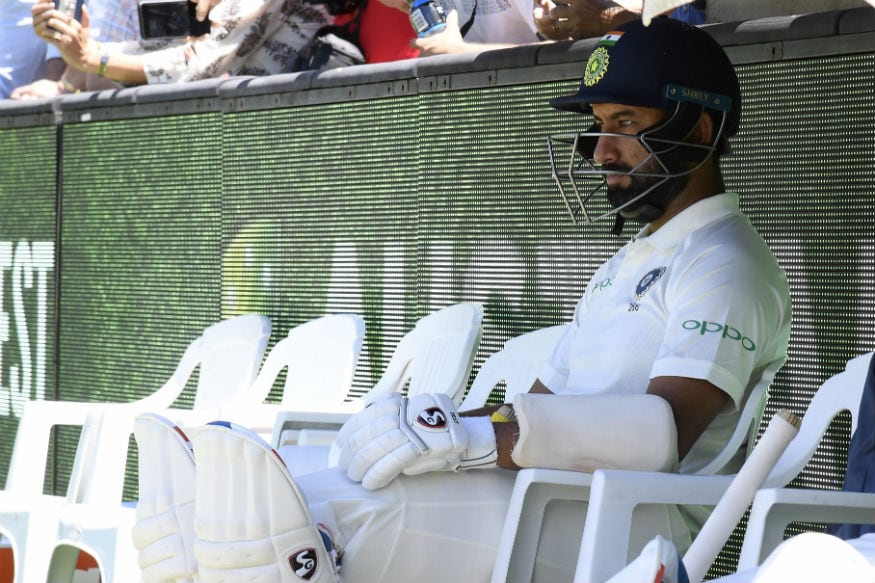 Cricket Australia earlier confirmed the schedule for the four-match Test series which is set to begin on December 3. The matches will be played at the Gabba, Adelaide Oval, Melbourne Cricket Ground (MCG) and the Sydney Cricket Ground (SCG).
Cricket Australia earlier confirmed the schedule for the four-match Test series which is set to begin on December 3. The matches will be played at the Gabba, Adelaide Oval, Melbourne Cricket Ground (MCG) and the Sydney Cricket Ground (SCG).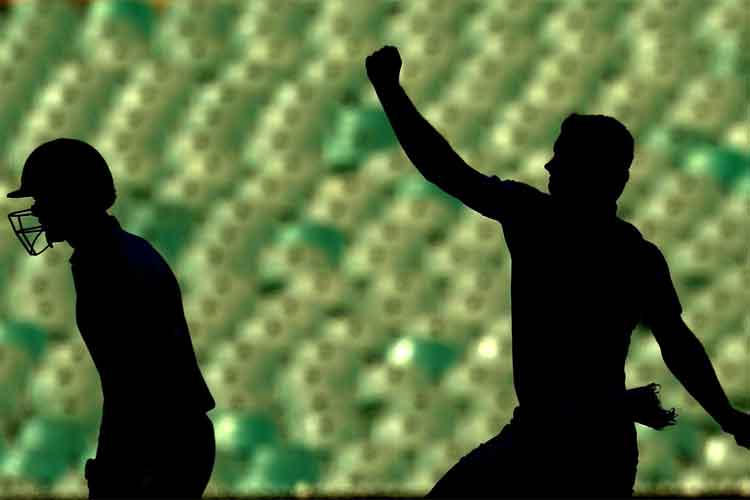 There are four teams in the T10 tournament and they are Kabwe Stars, Kitwe Kings, Lusaka Heats and Ndola Blitz. The matches will be played only on weekends.
There are four teams in the T10 tournament and they are Kabwe Stars, Kitwe Kings, Lusaka Heats and Ndola Blitz. The matches will be played only on weekends. The facility will have 30 practice nets and a press conference room with a seating capacity of 250 people.
The facility will have 30 practice nets and a press conference room with a seating capacity of 250 people. SKK vs BTC Dream11 Team: Check Dream11 Prediction / SKK vs BTC Dream11 Best Picks / SKK vs BTC Dream11 Captain / SKK vs BTC Dream11 Vice Captain/ Dream11 Guru Tips / Online Cricket Tips and more
SKK vs BTC Dream11 Team: Check Dream11 Prediction / SKK vs BTC Dream11 Best Picks / SKK vs BTC Dream11 Captain / SKK vs BTC Dream11 Vice Captain/ Dream11 Guru Tips / Online Cricket Tips and more BRG vs BRD Dream11 Team: Check Dream11 Prediction / BRG vs BRD Dream11 Best Picks / BRG vs BRD Dream11 Captain / BRG vs BRD Dream11 Vice Captain/ Dream11 Guru Tips / Online Cricket Tips and more
BRG vs BRD Dream11 Team: Check Dream11 Prediction / BRG vs BRD Dream11 Best Picks / BRG vs BRD Dream11 Captain / BRG vs BRD Dream11 Vice Captain/ Dream11 Guru Tips / Online Cricket Tips and more MCC vs BRD Dream11 Team: Check Dream11 Prediction / MCC vs BRD Dream11 Best Picks / MCC vs BRD Dream11 Captain / MCC vs BRD Dream11 Vice Captain/ Dream11 Guru Tips / Online Cricket Tips and more
MCC vs BRD Dream11 Team: Check Dream11 Prediction / MCC vs BRD Dream11 Best Picks / MCC vs BRD Dream11 Captain / MCC vs BRD Dream11 Vice Captain/ Dream11 Guru Tips / Online Cricket Tips and more BRP vs BRG Dream11 Team: Check Dream11 Prediction / BRP vs BRG Dream11 Best Picks / BRP vs BRG Dream11 Captain / BRP vs BRG Dream11 Vice Captain/ Dream11 Guru Tips / Online Cricket Tips and more
BRP vs BRG Dream11 Team: Check Dream11 Prediction / BRP vs BRG Dream11 Best Picks / BRP vs BRG Dream11 Captain / BRP vs BRG Dream11 Vice Captain/ Dream11 Guru Tips / Online Cricket Tips and more Watch India and Karnataka pacer Abhimanyu Mithun take up the quiz on Laws of Cricket.
Watch India and Karnataka pacer Abhimanyu Mithun take up the quiz on Laws of Cricket.
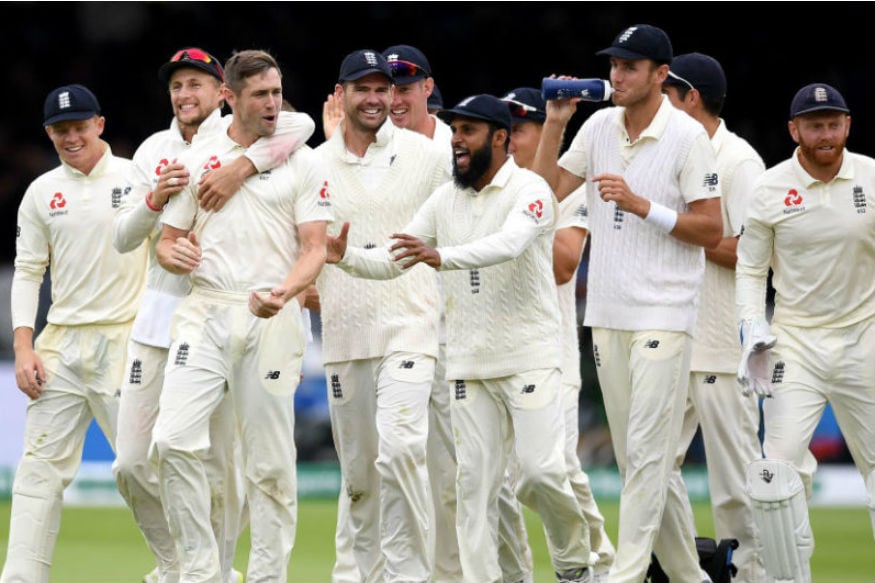 England batsman Ollie Pope is adamant the absence of fans will have no bearing on England's intensity when they face the West Indies in next week's first Test.
England batsman Ollie Pope is adamant the absence of fans will have no bearing on England's intensity when they face the West Indies in next week's first Test.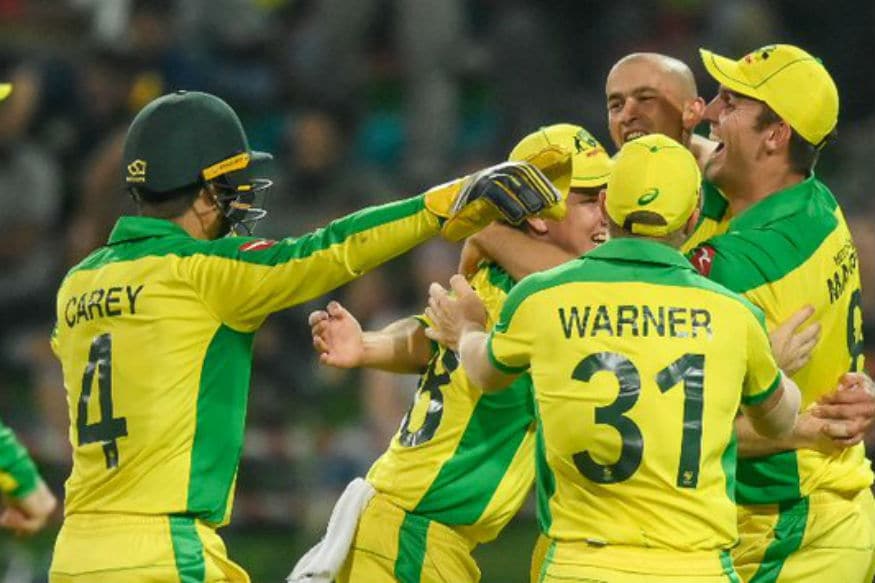 Australia's top cricketers have reached agreement with Cricket Australia that it should postpone its assessment of future revenue
Australia's top cricketers have reached agreement with Cricket Australia that it should postpone its assessment of future revenue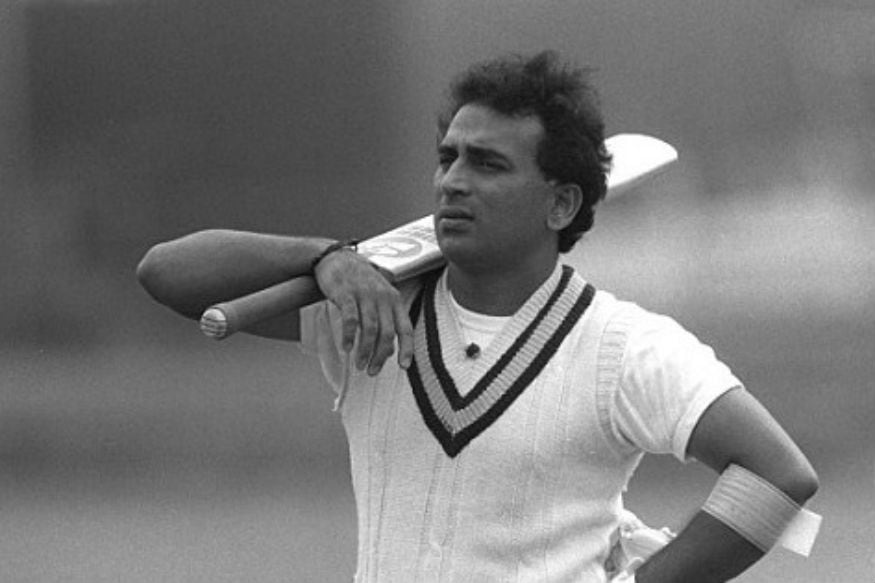 Sunil Gavaskar is among the best Test batsmen ever produced, but he was one of the worst players in the nets according to former India wicketkeeper Kiran More.
Sunil Gavaskar is among the best Test batsmen ever produced, but he was one of the worst players in the nets according to former India wicketkeeper Kiran More. Tamil Nadu legspinner M Ashwin lauded his namesake R Ashwin, with whom he has shared plenty of his cricketing journey,
Tamil Nadu legspinner M Ashwin lauded his namesake R Ashwin, with whom he has shared plenty of his cricketing journey, HCC vs ECC Dream11 Team: Check Dream11 Prediction / HCC vs ECC Dream11 Best Picks / HCC vs ECC Dream11 Captain / HCC vs ECC Dream11 Vice Captain/ Dream11 Guru Tips / Online Cricket Tips and more
HCC vs ECC Dream11 Team: Check Dream11 Prediction / HCC vs ECC Dream11 Best Picks / HCC vs ECC Dream11 Captain / HCC vs ECC Dream11 Vice Captain/ Dream11 Guru Tips / Online Cricket Tips and more The England and Wales Cricket Board (ECB) said on Friday that the United Kingdom government has given the green light for resumption of recreational cricket
The England and Wales Cricket Board (ECB) said on Friday that the United Kingdom government has given the green light for resumption of recreational cricket England’s first-class county teams will be allowed to field two, rather than one, overseas-registered player in next season’s domestic championship
England’s first-class county teams will be allowed to field two, rather than one, overseas-registered player in next season’s domestic championship The Mohali police conducted raids and booked eight bookies in connection with the Fake Uva Premier T20 League
The Mohali police conducted raids and booked eight bookies in connection with the Fake Uva Premier T20 League











































































































